Golden Time
Romance, Slice of Life | 24 episodesAnime Review
Original writing date: 07/05/2014.
Golden Time is a very interesting case. While watching it I was brought back to my late teens and early twenties, when cutesy never felt wrong while watching Honey & Clover’s powerful cast, when being a ero-game never was an issue to Rumbling Hearts powerful drama, or when the ecchi parts just fit nicely for Onegai Teacher’s charm. From there on, however, I rarely found light romance shows that managed to feel as right as those. They always felt far too cutie and sligthly dumb like Clannad or with too much ecchi and unrealistic drama like Ano Natsu de Matteru. Some fell in the middle, like the recent Sakurasou no Pet no Kanojo and Toradora, but yet just slightly above average in quality.
Golden Time, animated by J.C. Staff, the same studio from Honey & Clover, Sakurasou, Toradora, and Ano Natsu, is perhaps a return to those golden days stuck in my memories. Created by the same woman behind Toradora, it feels like a natural progression from that work and one that emanates a slightly more mature and dramatic aura.
This is a tale about Tada Banri, a boy who lost his memory right after his high school graduation due to a serious accident. Banri, however, decided to attempt a new life in Tokyo, attending to a law school where he could meet new people and give a new meaning to his new “self”. There he befriends Mitsuo, a boy fleeing from an annoying, obssessive, yet charming girl named Kouko. While helping to keep the annoying cute girl away from his new friend, Banri forms a deep and loving bond with her. He doesn’t know, however, that the very fact that he choose to attend to that specific school is because his forgotten, previous, loved one is there.
The first impact
Golden Time first impact is not as good as it should. Although the animation, coloring, consistency, and sharpness of the art is superb, they all draw from the generic database of characters. Basically, all shows from J.C. Staff looks the same, and that also applies to the vast majority of every other shows released in the last five years or so. In addition to that, the generic design also puts 18-year old boys and girls with the very same art of 14-year old we typically know. They don’t have a slight difference in their facial expression and body behavior to make us believe they are older. Fortunately their personalities reflects a bit better their maturity.
A light and charming romance
As the episodes go on, you are presented to Banri and Kouko’s relationship, a charming couple of an active, yet lonely and loving girl with a caring boy that still struggles with his forgotten past. The daily deeds of their lives, your typical club activities (Damn it! Burn all clubs! Exorcise them from animes, please!), love struggles, hanging out with their friends, and episodes slowly enhancing their bond are all filled with a crafty combination of charm, cutesy, and maturity. It’s darkest moments are considerably light, but the show as a whole has such a natural progression that you’re likely to be smiling from time to time and laughing a bit from the comical situations that never feel forced or intrusive. This is no comedy show, no ecchi show, no harem show, it is a romance show…
And it’s about a boy and his two personalities
Amnesia is perhaps a weird plot device that hundreds of tales told in Japan use. Tada Banri, however, suffers from something slightly different, more like a split personality than a memory loss. The Banri from the past loved Linda, a friend from high-school that unknowningly drew him to the law school in Tokyo. The new Banri loves Kouko and is determined to leave everything behind. The struggle of the show and its major dramatic point is knowing when the old Banri will take over or if the new Banri will manage to conciliate with his past. With this in mind, it turns a bit harder to determine if Kouko will be the chosen love interest or if Linda will manage to be the winning girl. This sort of “fantastic” element to the tale may feel superficial from time to time, but it works nicely in favor of creating situations where it differs from other similar shows.
A support cast worth of watching
Golden Time keeps itself very safe when it comes to cast size. Beyond the main love triangle we have three of Banri’s friend and an additional bonus character with importance. With this support you get a few more spice when it comes to love polygons and they also work to enhance most of the charming and dramatic scenes from the show. Everyone else in the school are just your background group and do a decent job when they are needed.
A few missed opportunities
Although the show does a great job at creating interesting circumstances, it also tricks you at some points and makes you expect something more than what is delivered. It teases you, for example, with the fact that Kouko is hellish rich, yet this fact never poses importance to the greater scene. She is also lonely as the first episodes tell you, but this is only an issue for about 10 minutes, after that you never get to dig deeper into the loneliness she suffered before. Basically, every tease in the show happens because the only character whose past is discussed is Banri, and every interesting hint about the rest of the cast is just there for extra flavor and not to be developed and explored. Fortunately, the focus on the present for the rest of the cast manages to cover up for such flaws and as a whole the cast turns out to be Golden Time greatest asset and one of the best cast I’ve seen in the last years alongside Tari Tari.
The ending could’ve been better
The events of the show are typically your slice-of-life stuff, slowly crafting its cast and, from time to time, giving you a glimpse of what can happen when the old Banri takes over to erase all his memory from after the accident. The last string of events deals with this pivotal plot point and does so in an awesome and dramatic way, yet however, at the very end, the show appears to lose its courage and sticks with a far more predictable and dumb finale then it could have been. It’s still acceptable, but with just a slight change to it this could turn out to be one hell of a dramatic gran finale… a pity really.
Seriously, why does this show get such average ratings while Clannad gets absurdly high scores? Clannad is not a bad show, it’s a decent light romance, but Golden Time offers much more in terms of drama, maturity, fun, and complexity. Both deal with events that feel superfical, but Golden Time doesn’t have a collection of cute girls neither it is filled with moesque elements, but if that’s what made Clannad so better rated by fans this certainly means there’s something wrong somewhere in the industry or amongst the fans. As far a romances go, if I had to choose between Golden Time and Clannad I would immediately choose the former.
Anyway, despite every flaw Golden Time has, I felt absurdly pleased of watching it. This came quite as a surprise to me because in the past I could only really enjoy a romance show if my situation somehow reflected in it, which clearly is not the case now. Many times I was watching it just to notice how wide my smile was after a charming scene, or how some short scenes made me laugh for a bit. These reactions all came naturally and gradually with each episode, and I never felt the show was forcing some stupid situation to its cast for the sake of plain-old fanservice. Well.. it DOES have a beach episode and Kouko looks like a fashion model with all her wardrobe, but even this came out just fine because it matches with her exquisite personality and it never overflowed to the rest of the cast.
So, if you’re looking for a light romance, one with a bit more of drama then Clannad and less cute girls, Golden Time may be exactly what you are looking for. If you prefer cutesy, this may still work for you because, even with the generic character design, Kouko is one hell of a cute anime character after all. The best of all, it manages to be 24 episodes long without that much of fillers, which is quite rare considering the genre, making it a slightly longer ride and certainly making a far better impact on you than the rest.
Detailed Scores
-
Production - 7/107/10
-
Direction - 7/107/10
-
Concept - 8/108/10
-
Character - 8/108/10
-
Enjoyment - 8/108/10
Conclusion
Golden Time is simply great.

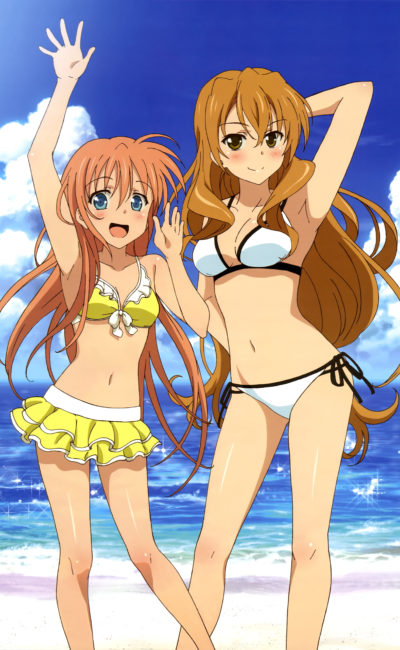
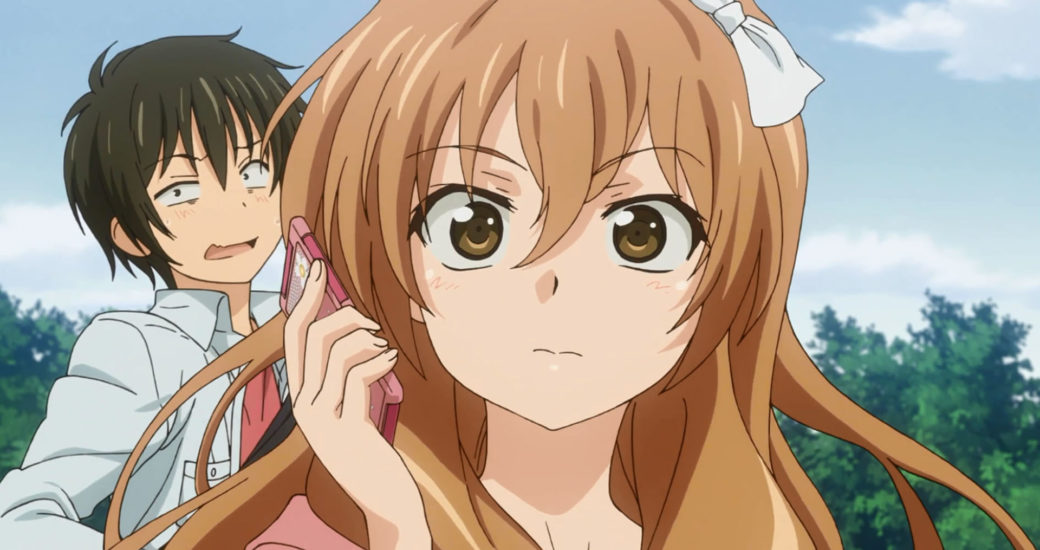

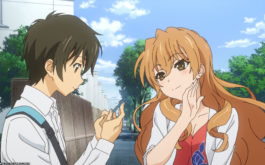
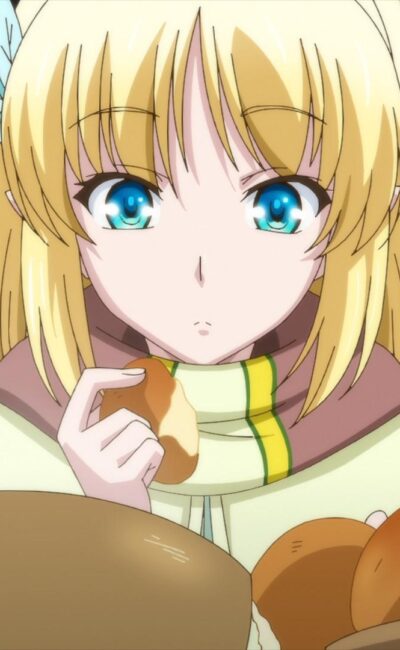
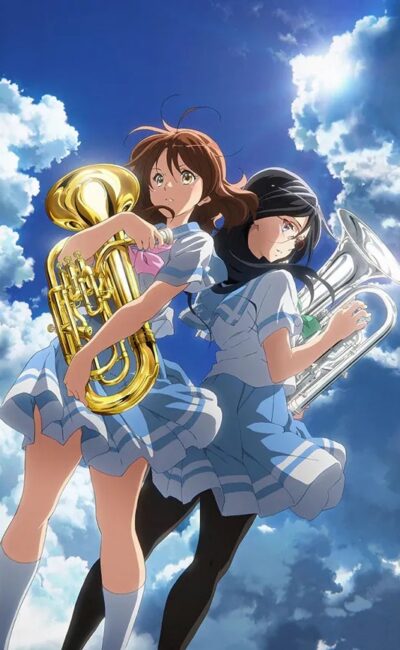
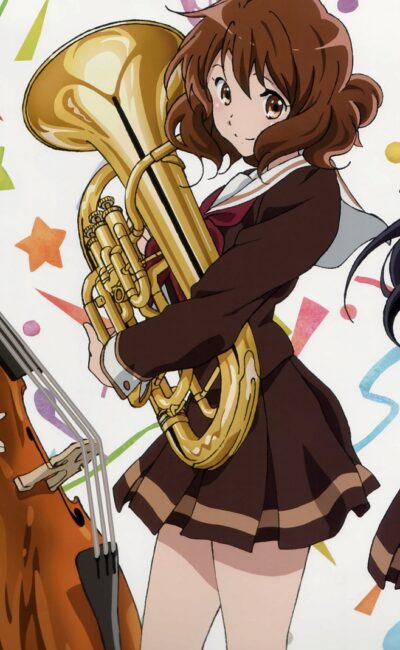
Comments ( 0 )